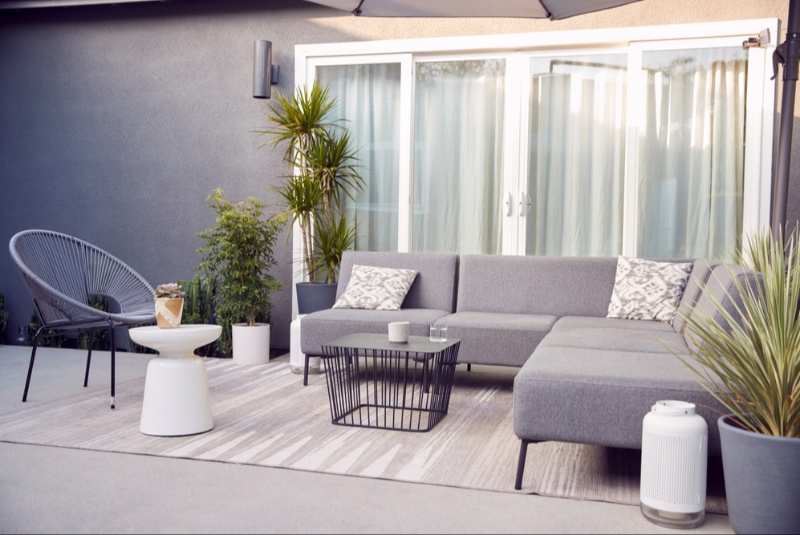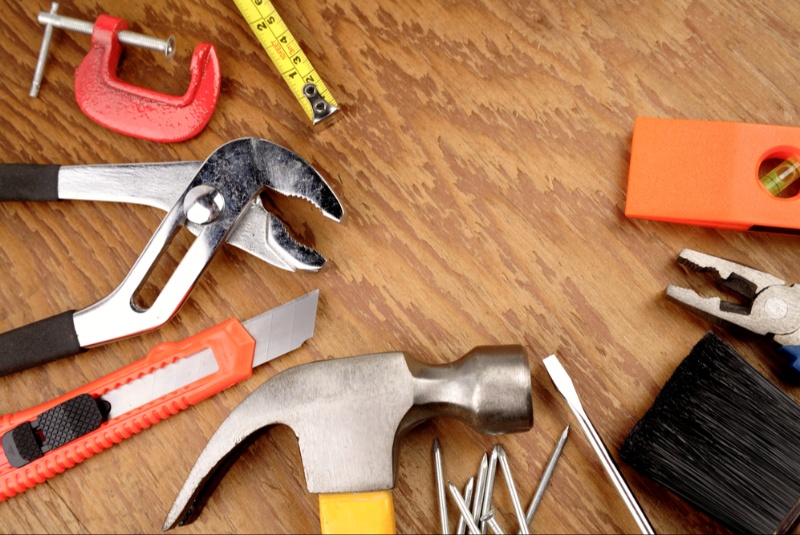Backpacks are an essential accessory for many people, from students to professionals, hikers to travelers. Choosing the right backpack can make your daily commute, travel, or outdoor adventure more comfortable and convenient. This comprehensive guide will help you navigate the myriad options available, focusing on quality, functionality, and durability to ensure you make an informed purchase.
Understanding Your Needs
Before diving into the multitude of backpack options, it's crucial to assess your specific needs. Are you looking for a backpack for daily use, outdoor activities, or travel? The purpose will significantly influence the type of backpack that best suits your requirements. For daily use, consider a backpack with a laptop compartment and ample storage for your essentials. Outdoor enthusiasts should look for durability, water resistance, and comfort, with features like padded straps and multiple compartments for gear. Travelers might prioritize security features, such as lockable zippers and hidden pockets, alongside capacity and ease of carrying.
Material Matters
The material of a backpack is not just about aesthetics; it significantly affects durability, weight, and water resistance. Common materials include nylon, polyester, canvas, and leather. Nylon and polyester are popular for their durability and water-resistant properties, making them ideal for outdoor and rugged use. Canvas offers a classic look and durability, while leather stands out for its style and longevity. However, leather may require more maintenance and is heavier. When considering materials, also look into the denier (D) count, which indicates the fabric's thickness and strength; higher counts generally mean more durability.
Comfort is Key
A good backpack should be comfortable to wear, even when it's fully packed. Look for features like padded shoulder straps, a padded back panel, and a sternum strap to distribute weight evenly and reduce strain on your shoulders and back. Adjustable straps are essential for ensuring the backpack fits your body correctly. For those carrying heavier loads, consider a backpack with a hip belt to help distribute the weight onto your hips, relieving pressure from your shoulders and back.
Size and Capacity
Backpacks come in various sizes and capacities, measured in liters. Choosing the right size depends on how much you need to carry and for how long. A daypack typically ranges from 10 to 30 liters, suitable for daily use or short hikes. For longer trips or more gear, look for something in the range of 30 to 50 liters. It's important to strike a balance between having enough space for your essentials and not overpacking, as carrying a too-large or too-heavy backpack can lead to discomfort.
Organization and Accessibility
A well-designed backpack will help keep your belongings organized and easily accessible. Look for backpacks with multiple compartments, pockets, and dividers that allow you to segregate your items as needed. External pockets are handy for items you need to access quickly, such as water bottles, umbrellas, or snacks. Laptop compartments are essential for professionals and students, offering added protection for your device. Consider how you'll use the backpack and what items you'll carry to determine the best layout for your needs.
Durability and Quality Construction
Durability is a critical factor when choosing a backpack. A quality backpack should withstand the rigors of daily use or rugged outdoor activities without tearing or wearing out quickly. Check the stitching, zippers, and buckles to ensure they are sturdy and well-made. Zippers should be smooth to operate, and buckles should feel solid. Reinforced areas, particularly at the bottom of the backpack and at stress points, can significantly extend the life of your backpack.

Security Features
For travelers or those frequently in crowded places, security features on a backpack can provide peace of mind. Look for backpacks with lockable zippers, RFID-blocking pockets to protect your credit cards and passports, and slash-proof materials. Some backpacks also come with hidden pockets or compartments that are less accessible to pickpockets.
Price vs. Quality
While it's tempting to opt for a cheaper backpack, investing in a quality backpack can be more cost-effective in the long run. Higher-quality backpacks are typically made with better materials and construction, lasting longer and providing better protection for your belongings. However, expensive does not always mean better. Read reviews, compare features, and consider your needs to find the best value.
Style and Personal Preferences
While functionality and durability are critical, the style of the backpack is also an important consideration for many consumers. The backpack is an extension of your personal style and, in many cases, a daily companion. Therefore, choosing a design that reflects your personal taste and fits the context in which it will be used is essential. From sleek and professional models suitable for work environments to rugged and casual designs for outdoor adventures, the market offers a wide range of styles to suit different preferences.
Warranty and Brand Reputation
A warranty can be a good indicator of a backpack's quality and the manufacturer's confidence in their product. Look for brands that offer warranties covering defects in materials and workmanship. Additionally, researching the brand's reputation can provide insights into their commitment to quality, customer service, and sustainability practices.
Testing Before Buying
Whenever possible, test the backpack before making a purchase. Try it on, adjust the straps, and feel the material. If you're buying online, check the return policy to ensure you can return the backpack if it doesn't meet your expectations.
Choosing the right backpack requires considering your needs, the material, comfort, size, organization features, durability, security features, price, and brand reputation. By taking the time to evaluate your options based on these criteria, you can find a quality backpack that meets your requirements, supports your activities, and lasts for years to come.




